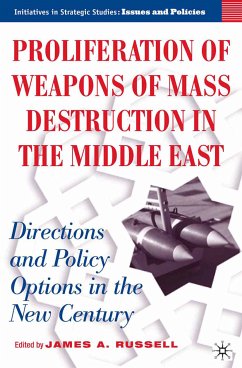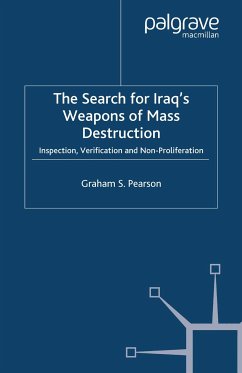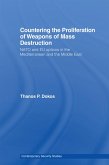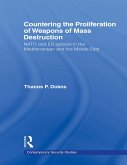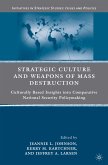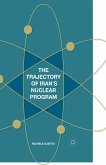Dieser Download kann aus rechtlichen Gründen nur mit Rechnungsadresse in A, B, BG, CY, CZ, D, DK, EW, E, FIN, F, GR, HR, H, IRL, I, LT, L, LR, M, NL, PL, P, R, S, SLO, SK ausgeliefert werden.
- Judith Yaphe, Senior Fellow, Institute for National Strategic Studies
"This book is a welcome addition to the literature on WMD developments in the Middle East. Particularly valuable are the insights provided about Saudi Arabia and Syria, and the nonproliferation lessons derived from Iraq and Libya."
- William C. Potter, Institute Professor and Director, Center for Nonproliferation Studies, Monterey Institute of International Studies
"James A. Russell has assembled an outstanding collection of essays on the challenges posed by the proliferation of weapons of mass destruction, with particular focus upon the impact of this process in the Middle East. The volume contains a series of excellent case studies on WMD acquisition activities in this critical region, including descriptions of Israel's extensive nuclear weapons development efforts, the illicit nuclear proliferation networks of Pakistan's A. Q. Khan, and the intriguing tale of Libya's recent voluntary renunciation of its WMD programs.The collection closes with a series of insightful policy discussions on a variety of non-proliferation, counter-proliferation, and threat reduction initiatives in and relevant to the Middle East."
- Dr. Edward L. Warner, III, Former Assistant Secretary of Defense for Strategy & Threat Reduction
"A series of balanced and objective insights into one of the world's most critical security problems."
- Anthony H. Cordesman, Burke Chair in Strategy, Center for Strategic and International Studies.

